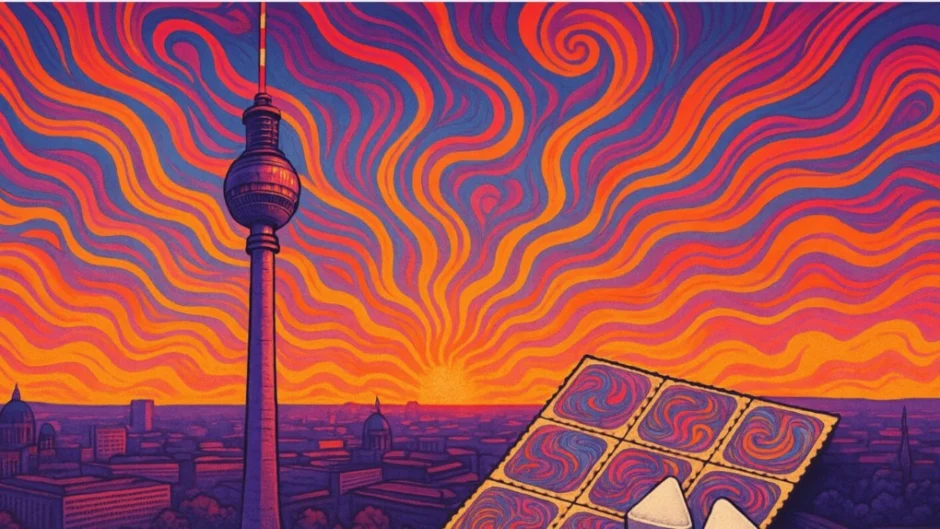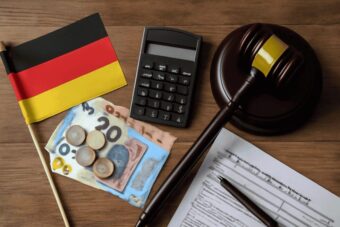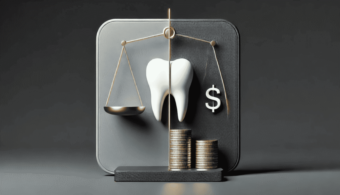LSD derivatives like 1S-LSD are currently legal in Germany, even though they have effects similar to the banned psychedelic LSD. Legal loopholes allow their sale, while the health risks and long-term impacts remain largely unstudied. This is reported by G.Business, citing renewz.de
Legal loopholes enable temporary sales of LSD derivatives
In Berlin, the substance 1S-LSD is sold as a so-called “research chemical”—despite its close chemical similarity to LSD. Because it is a derivative not explicitly listed under the Narcotics Act (BtMG), it falls into a legal grey area. One shop, LSD-Legal in Friedrichshain, has been selling 1S-LSD online and in-store for over four years. According to shop owner Daniel Becker, customers come from various social backgrounds and age groups.
Although packaging includes disclaimers that the substance is “not for human consumption,” rbb24 reports that it is widely used for its psychoactive effects. As demand for legal alternatives to banned substances increases, such compounds exploit legal loopholes in Germany’s drug laws.
LSD itself has been banned in Germany since 1967. However, modified chemical variants—derivatives like 1S-LSD—are not automatically included in the ban unless explicitly added. The New Psychoactive Substances Act (NpSG), introduced in 2016, allows the Ministry of Health to outlaw entire substance groups without parliamentary involvement. However, the process can take up to two years. During that period, new derivatives remain technically legal and accessible.
Manufacturers and sellers like Becker take advantage of this legal window, quickly introducing new chemical versions in response to each ban. This ongoing cycle has created a persistent gap in regulation that lawmakers have yet to close.
Research and risks: Little data on effects of LSD derivatives
While scientific studies suggest that LSD carries a low risk of physical addiction or toxicity, addiction experts warn against unregulated use of poorly studied derivatives. Berlin’s Vista addiction support service points to potential psychological risks and unknown long-term effects, especially when used without medical supervision.
So far, the exact pharmacological effects and long-term consequences of 1S-LSD remain largely unknown. Meanwhile, the Charité hospital in Berlin is studying psilocybin—a different psychedelic compound—for treatment-resistant depression. Although showing early promise, psilocybin is still banned and only allowed under tightly controlled clinical studies.
In contrast, countries like Australia and Switzerland have already allowed limited medical use of psychedelics like psilocybin. In Germany, there is no legal framework for such medical applications. Scientific research continues to face regulatory hurdles, even as the public sale of derivatives like 1S-LSD remains legally tolerated.
Stay connected for news that works — timely, factual, and free from opinion — and insights that matter now: How to Use Your Contrast Shower for Health, Immunity and Mental Strength






